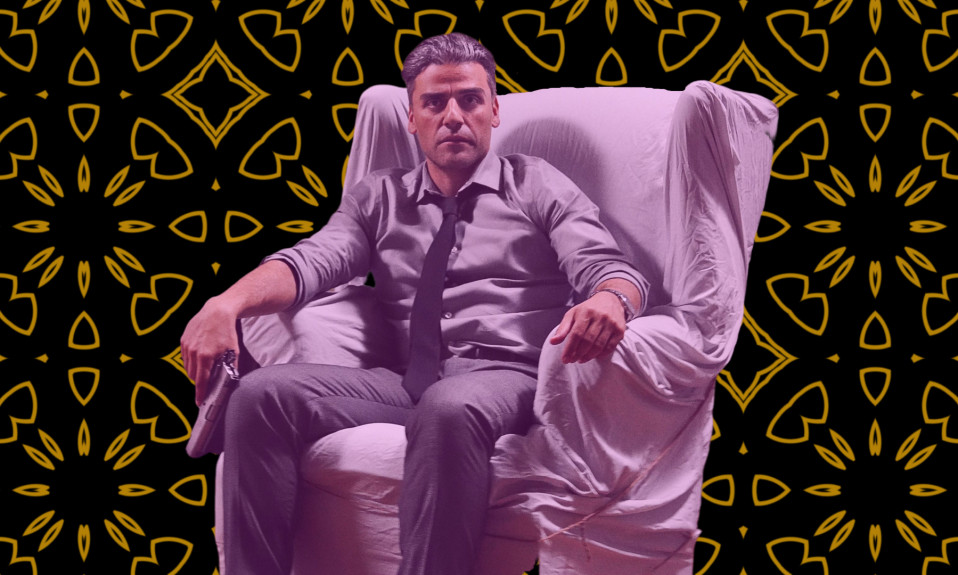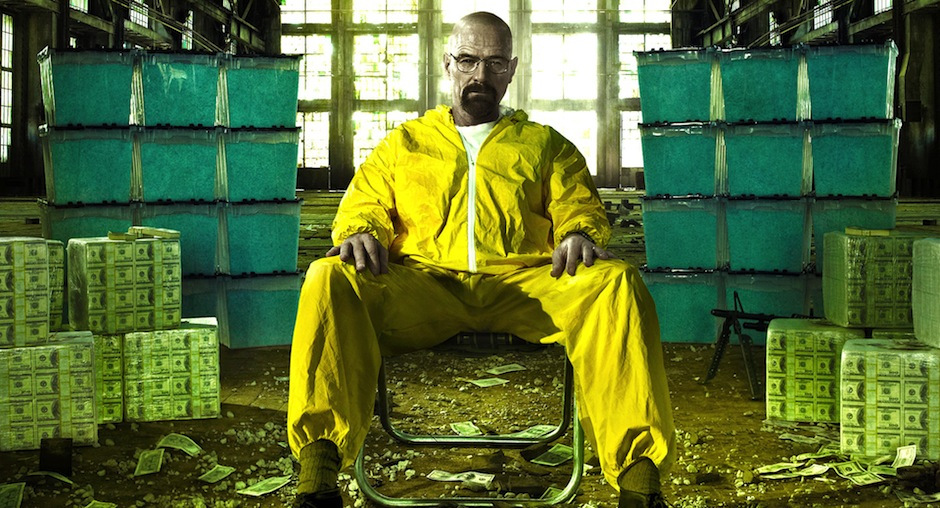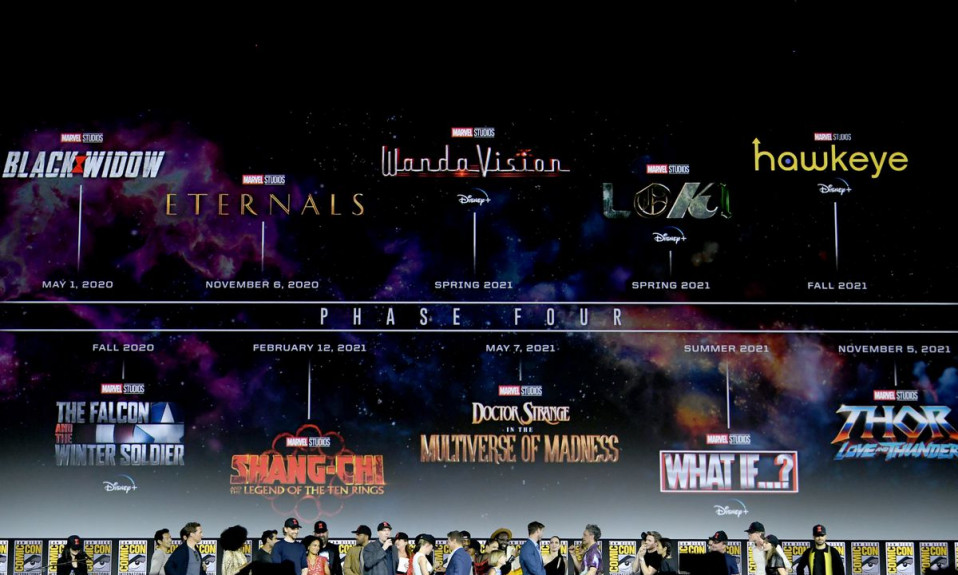In 1998, Elizabeth Wurtzel published Bitch: In Praise of Difficult Women. In step with the grungy brand of nineties feminism, the subtitle was intended to be confrontational; women are not meant to be difficult, and certainly should not be praised for being so – at least, so says the orthodoxy that flattens women because here, really, “difficult” is a synonym for “complex”, for “real”, for “not conforming”. Imagine, then, for a second, a book devoted to the idea of difficult men. What do you see? What kinds of case studies fill that book? What does it mean for a man to be “difficult”? Does it still appear to be a synonym for “complex”, or is it something else entirely?
I started thinking about this a few weeks ago, and in doing so realised I am not drawn to movies with straight male leads. I felt this predilection came down to over-saturation, a result of all the straight-male films of my youth. I had seen enough of Stallone and Brosnan, plenty of Skywalkers and Potters, had seen many young men become heroes, and I was bored. Of course, I’d watched men turn bad too: De Niro in the mirror with his pistol, Brando slurring about disrespect on his daughter’s wedding day, Edward Norton imagining Brad Pitt – the list goes on. I’d never felt starved of maleness, never questioned the depths and layers that men contain. It turned out my not being drawn to them wasn’t so much because I didn’t like them on any inherent level, but because I felt they didn’t offer as much as the films devoting themselves to women and queers. As such, I spent my teens and twenties trying to fill in the gaps of everyone else, looking to the movies that didn’t see women as nagging girlfriends or wives, sexual objects to be used, or bodies to be killed just so the male protagonist has someone to avenge.
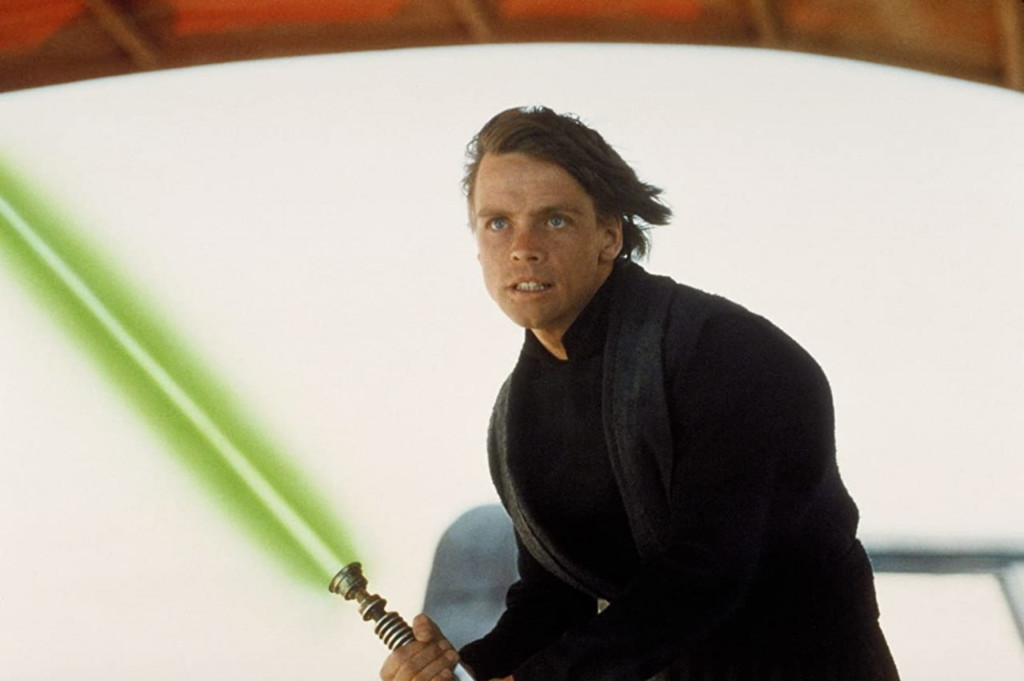
When I went back and tried to seek out some of the male-led films I’ve seen recently, however, I realised that not only was I tired of seeing them, but the roles themselves had grown increasingly dull too. It seems to me that, now, they all fall into one of two categories: the Anti-Hero, or the Good Guy.
The Anti-Hero is, by now, maybe a cliché in itself. This man will do bad things (sell crack, cheat on his wife, kill people, etc.) but he will do it for revenge or for some type of vigilante justice. He may do it out of what he feels is obligation or honour, trapped in a system or family he cannot escape. He will, almost always, have a traumatic past he is attempting to outrun (but can’t), and that will make him stoic and difficult to love. More often than not, a woman will rise to the challenge and serve as the key to unlock him, offering redemption by means of her virtuous, one-dimensional womanhood. The Anti-Hero has questionable morality, too, but we might be able to see, through it all, that they are good, or, at least, some version of good. In short, discussions of their character in reviews, think pieces or books will almost certainly use the phrase “love to hate.”
In Paul Schrader’s recent thriller, The Card Counter, we see the Anti-Hero at its apex. Oscar Isaac plays William, a man who travels across America going from casino to casino. In prison, he learnt how to count cards, and as long as he doesn’t win too big, the house doesn’t mind. However, his pesky past catches up with him in the form of Cirk (Taylor Sheridan), a young kid hellbent on revenge for how the US Military treated his father. You see, Cirk’s father, just like William himself, worked at the notorious torture site Abu Ghraib, performing horrific abuses of human rights day-in-day-out in the name of “anti-terrorism”. William served time for his participation, while the head-honchos got off scot-free. This real-life scandal, which broke in 2003, saw grinning soldiers posing with the bodies of dead prisoners, alongside video and photographic evidence of totally dehumanising torture including sexual abuse, forced injections, extreme violence, intimidation, sleep deprivation and, in at least one case, murder. Many of those who appeared in the photos, as the visible face of the scandal, received jail time as a result of their actions, while the senior personnel remained mostly untouched.
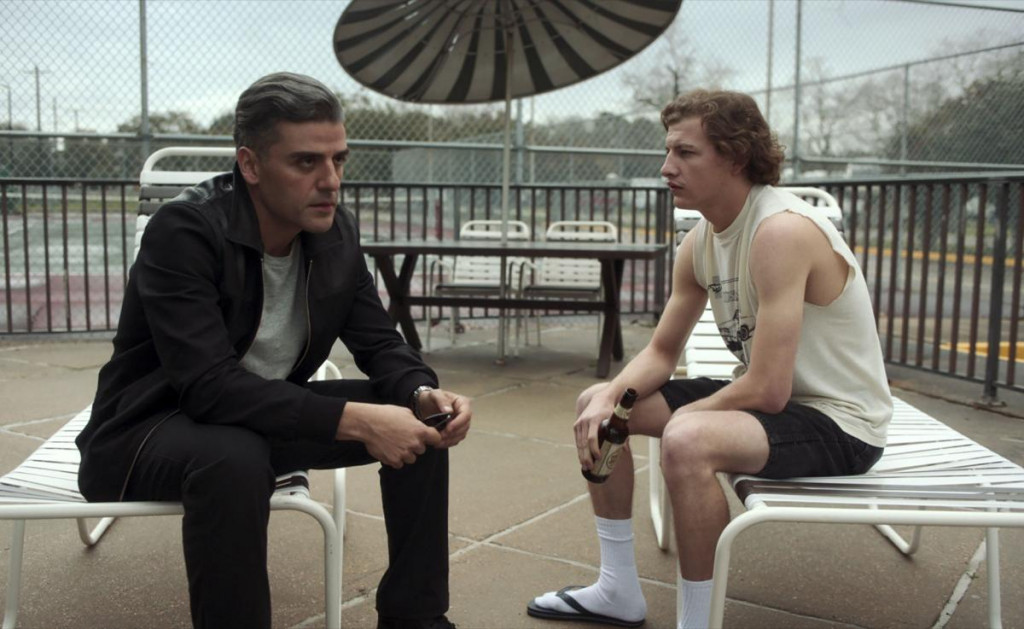
I can see Schrader’s thinking here. William was a man following orders from upstairs, and then he paid the price for it. There is a sense of the underdog versus “The Man”, a glimpse of a generational preoccupation that frames those down below as unwillingly complicit, but it doesn’t quite stick. For me, watching a movie that asked me to sympathise with William, who was traumatised by all that he witnessed and enacted—most of which the film refuses to show us (thank God!), perhaps knowing that an audience wouldn’t abide it—was a little much. All I could see as he talked about his past was the real-life images of Abu Ghraib, and how sick to my stomach they made me feel. It seemed that, after over a decade of prevalence, the anti-hero needed to break new ground, to push the capacity for sympathy further and find root in something truly heinous. Consequently, we got The Card Counter.
Now for that second type: the Good Guy. He is almost the exclusive property of Marvel movies, of the family-friendly, four-quadrant epics. He is too good, so good his morals put him at odds with the world around him. He sees righteous truth everywhere and feels obligated to fight for it. He will be wary of the burden his work puts on those around him. He will be so good that he will have to push his loved ones away; they cannot decide for themselves whether or not to take on his almighty goodness. Instead, he will leave them, or tell them it’s all too dangerous. The Good Guy is defined, naturally, by his goodness.
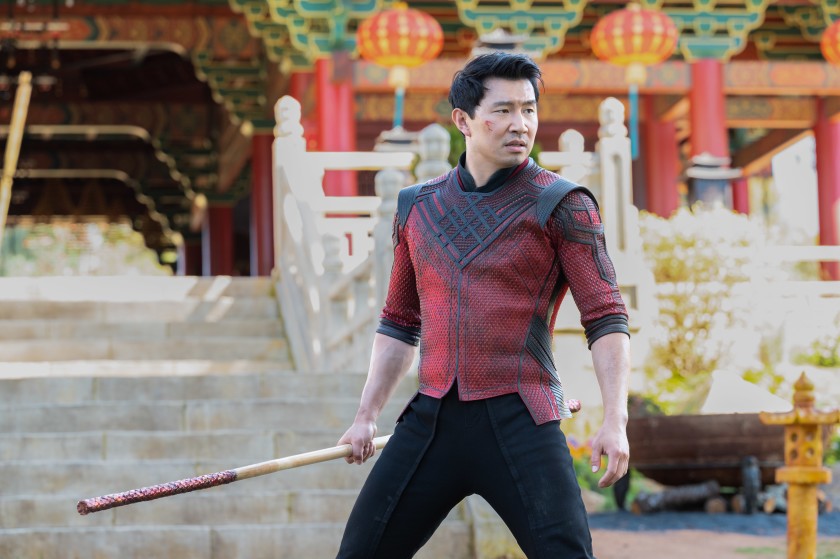
When I teach classes on Character, one of the central comments I hear from my students is that “good” might as well equal “boring”. Yet many of the movies they discuss before class starts, when they talk about their weekends, are filled with these kinds of men. Most recently, Marvel’s Shang-Chi, who sits as the most uninteresting person in a movie filled with one-dimensional caricatures. His desire to be good is, sure enough, framed by a darker past, but his inoffensive nature, and lack of any objective complexity, simply offers him up as a man doing good because he is good.
In all, while it’s a far rockier terrain, women in movies these days get to have more fun. Each year, as the Oscars approach, many performances by women are thrown into the ring with only five-nominee slots available leading to year after year of “snubs”. To think of this year’s line-up: Olivia Colman’s reflective mother in The Lost Daughter, Kristen Stewart’s paranoid princess in Spencer, Lady Gaga’s ruthless wife in House of Gucci, Ruth Negga’s white-passing socialite in Passing, Penelope Cruz’s conflicting mother in Parallel Mothers, Jessica Chastain’s television preacher in The Eyes of Tammy Faye, and the list goes on. As for the men? Well, they’re much less exciting, arguably much less profound. They’re all roles we’ve seen in some iteration before (not least because one of them has been played time and time again, by actor after actor). They’re good guys, or they’re anti-heroes. And they are, for the most part, terribly dull.
Also Read: For Your Consideration: Sci-Fi, Comedy & Oscar Snubs


